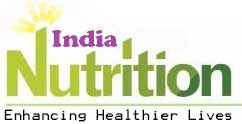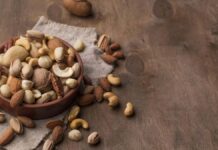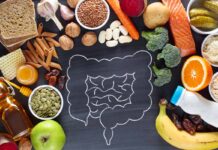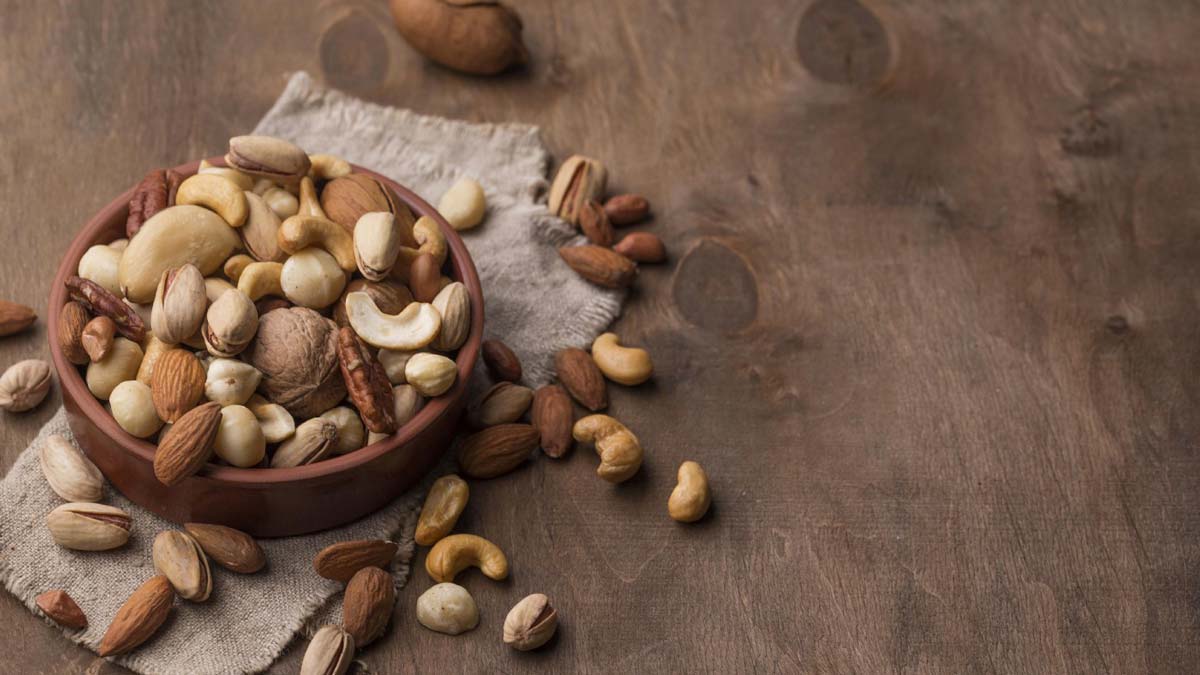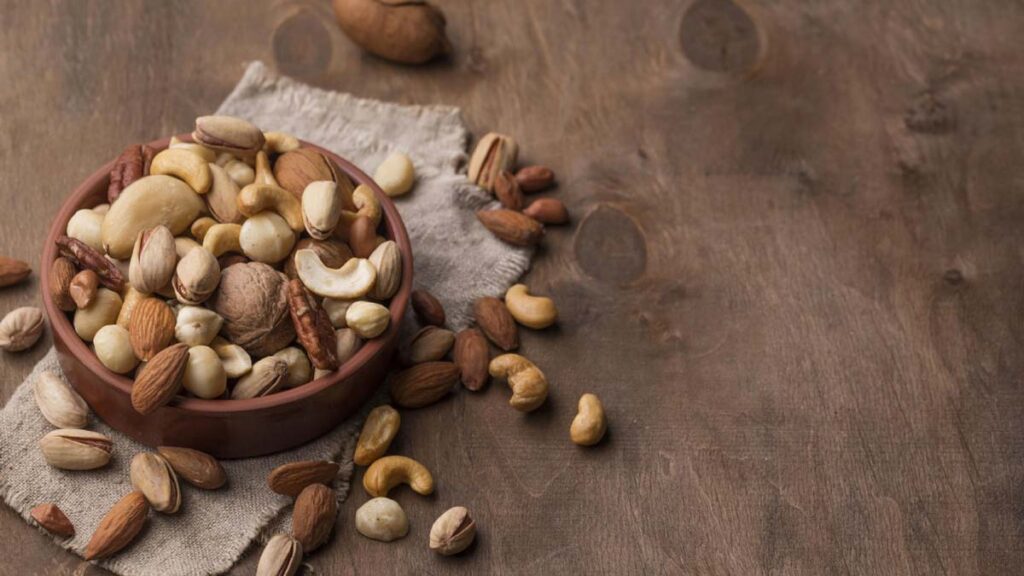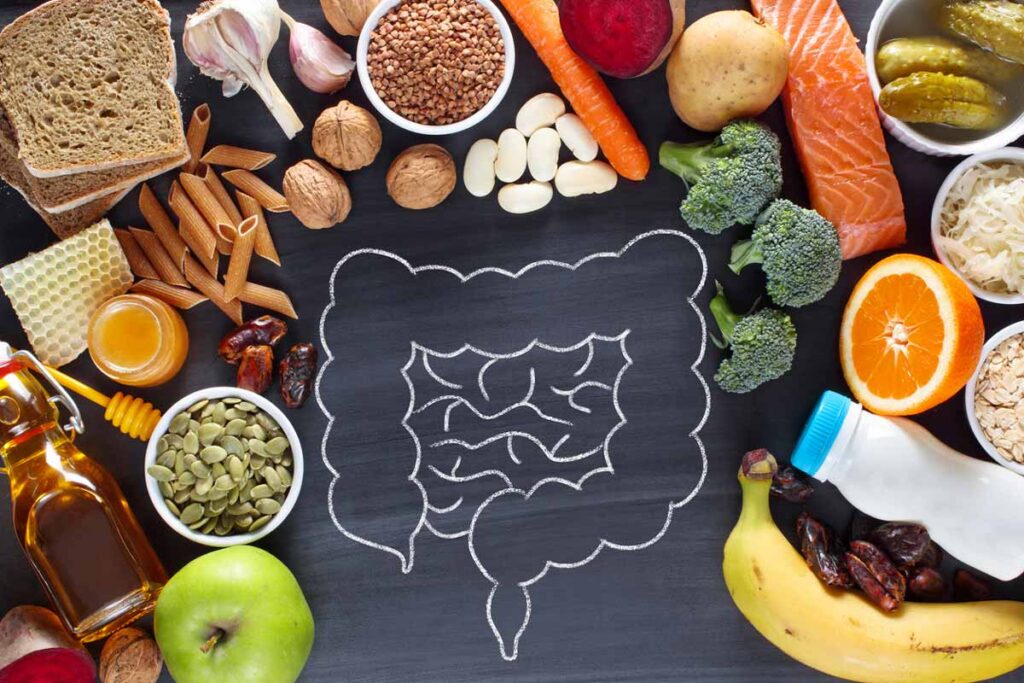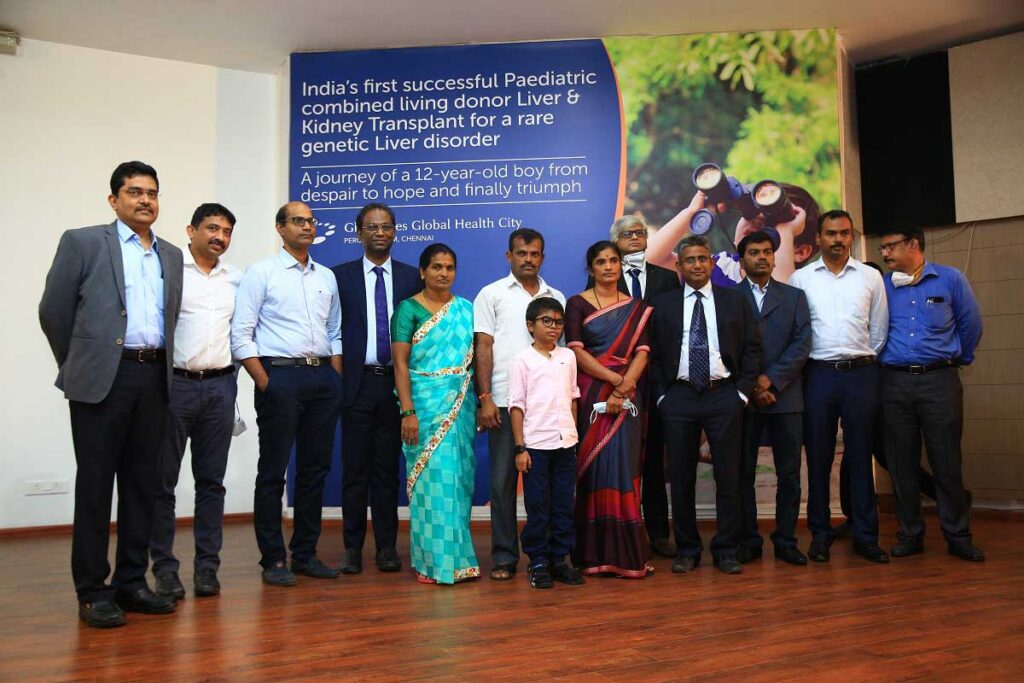What is protein?
Protein is a vital nutritional component that plays a crucial role in nearly every cell function. It is essential to provide structural support and maintain and repair tissues in the body. Protein is also the primary component of immunity, the majority of hormones, and all enzymes in addition to other purposes.
Proteins in food are composed of chains of 20 amino acids, which are the basic components of protein. Our bodies can produce only 11 amino acids and the nine “essential” amino acids not created by the body. A balanced diet consisting of whole grains, beans, and fruits can supply all of our bodies essential amino acids.
How much protein do we need?
It is believed that the Recommended Daily Allowance (RDA) in protein intake for adults amounts to 0.8 grams per kilogram of weight. Additionally, the RDA recommends a substantial security factor for most people. Protein requirements are higher in women expecting or nursing and are easily met by the higher caloric requirements. A lack of protein is not likely if daily calorie requirements are satisfied by a wide variety of whole grains and beans, vegetables, lentils, tofu seeds, nuts, and dairy items.
Plants are rich in protein
It’s a fact that plant protein rich foods are plentiful; however, those that offer complete protein are Limited! “Complete proteins” are food items with all the essential amino acids that our body cannot create itself. Generally speaking, all animal products like eggs, meat or fish, and milk naturally contain protein. They are also called complete proteins since they supply all essential amino acids. Therefore, those who consume animal products will quickly meet their protein requirements for the day.
The plant sources include beans and spinach, nuts, lentils, grains, and tofu, all great protein sources, but just a few sources like quinoa, soy, and buckwheat are complete proteins. Fruits, nuts, and grains, even though they are full of minerals, vitamins, and potent antioxidants, protein rich plant nutrients are hard to absorb. Proteins from plants are not so easily digested or processed by our bodies as animals’ proteins. Additionally, finding a complete plant based protein can be a difficult task.
Muscle Building in Vegan Protein
Protein is commonly referred to as muscle food. After eating, proteins break down to amino acids used to create muscles. There are approximately 20 vital amino acids, the majority of which our bodies produce. The levels of amino acids need to rise to a certain point to trigger the production of proteins. The potential for muscle growth is blocked when we do not have enough types of amino acids and an adequate amount.
A deficiency in amino acids is often a reason for vegans to experience what’s known as anabolic resistance, which means that the body’s ability to make protein is impeded! You may also experience unusual fatigue, you may feel weak while doing workouts, or recover slowly from injuries.
Vegan Protein Powders
Protein powders are a quick and efficient source of complete protein. Protein intake for an adult ranges from 0.8g/Kg/day. Vegans and vegetarians may be unable to reach the recommended amount, Protein powders provide an easy solution to your protein requirement. For example one serving of VeganWay protein powder could give as much as 25.7g of protein.
Types Protein Powders
1. Soy Protein
Soy Protein is an excellent alternative for people who don’t consume dairy proteins. It is derived from the soya bean and is high in isoflavones. Soy protein does not contain cholesterol and saturated fats. It offers a wide range of amino acids essential to building muscle. Soy Protein powders can be found as lactose and gluten free and can be used as a supplement to make your meals full of protein. A spoonful of Soy Protein Isolate contains 27g of protein, an excellent plant-based protein.
2. Pea Protein
Pea protein is easy to digest and is especially rich in BCAAs, and this makes it an excellent choice in muscle development. Pea protein is produced by mechanically grinding the yellow peas split into pieces. Pea Protein Isolate is a premium protein, with between 27g and 28g of protein in each scoop. Pea protein is ideal for people suffering from an allergy to dairy and lactose intolerance.
Also Read:
- Can Vegan Protein Address Protein Deficiency?
- 11 Foods Suggested By Shubi Husain To Keep Your Colon Healthy
- Top 10 Foods For People Who Had Omicron Once
- Are You Suffering From Depression? Here’s What You Must Know
- India’s First Multi-Organ Transplant Performed For Rare Genetic Liver Disorder
- Spreading Awareness Via The 12th Indian Organ Donation Day – MGM Healthcare
